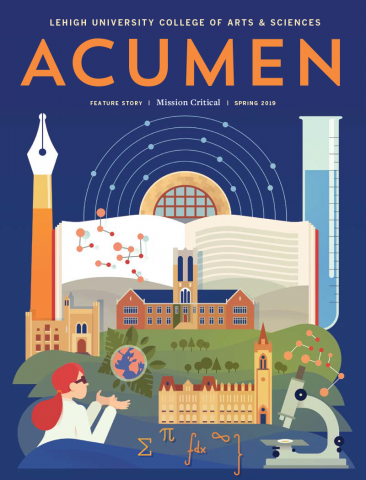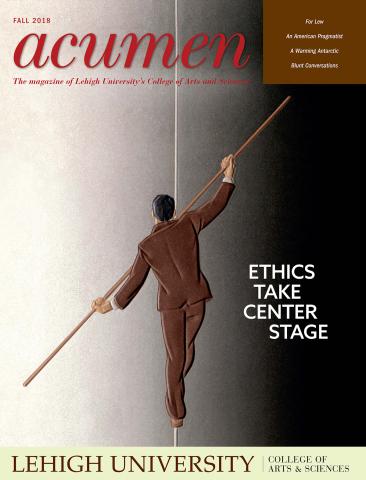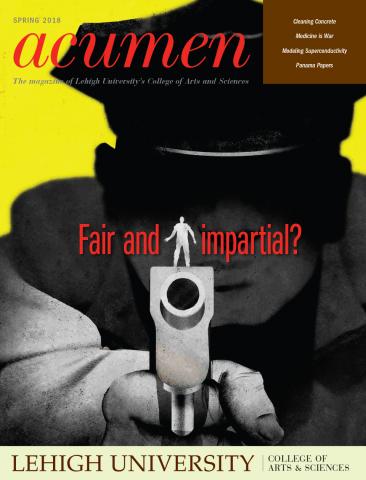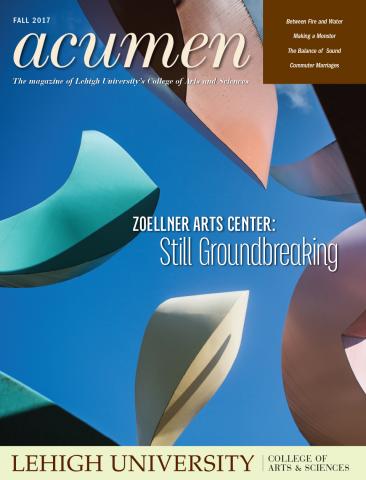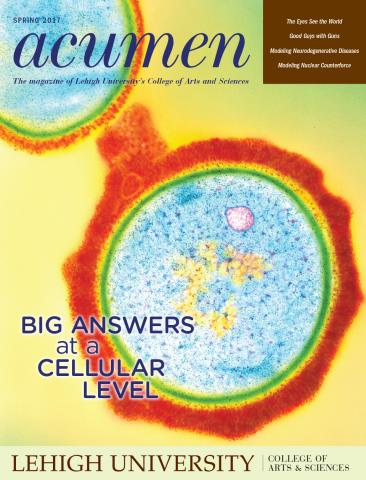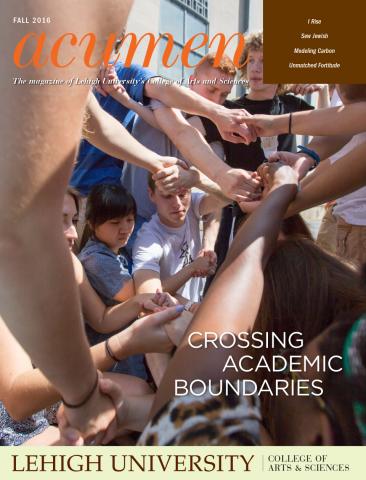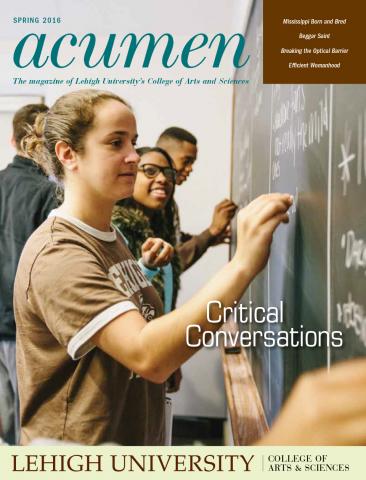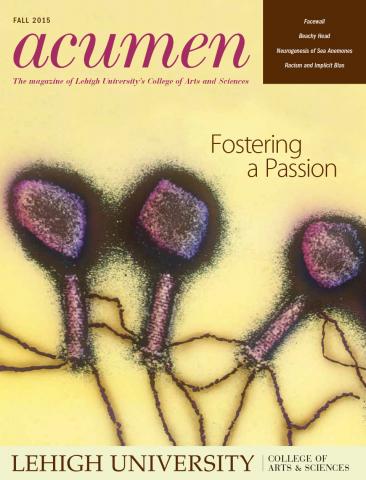
Roslyn Weiss, Clara H. Stewardson Professor of Philosophy, received a National Endowment for the Humanities Fellowship for 2015-16 to translate Light of the Lord, by Hasdai Crescas. This 400-page 14th-century work is a critical piece in medieval Jewish philosophy that challenges the fundamental assumptions of Aristotelian metaphysics.
“Most people consider Crescas to be the second most important Jewish medieval philosopher, so it’s kind of shocking there’s no English translation of his work. Some sections of it have been translated, but the whole work has never been,” says Weiss.
Light of the Lord was written over a long span of Crescas’ life—no less than 15 years. He didn’t finish the final edition of the book himself. Due to the extended period of writing, scholars can see the development of his thought in the different parts of the work. In some cases, as with his discussion of the attributes of God and of human free will, there are some contradictions between the different layers of the book’s development. Additionally, the pupils who edited the last edition of the book introduced some changes and additions with the goal of unifying Crescas’ seemingly opposing positions while moderating some of his more radical opinions.
In Light of the Lord, Crescas counters the writings of Maimonides. The preeminent medieval Jewish philosopher, Maimonides was one of the most prolific and influential Torah scholars of the Middle Ages. He was heavily influenced by Aristotle, and he wrote that the way to know about God was through philosophy.
“Crescas took all of Maimonides’ philosophical, Aristotelian arguments for God, for God’s existence, for God’s unity, for God’s incorporeality and showed that they were inadequate, that they don’t prove what they claim to prove,” says Weiss. “So his conclusion was that without revelation, we don’t really know these things. We have arguments for them, but the arguments are not foolproof. We need the supplementation of the Torah and revelation in order to know all of these things about God.”
Crescas also departed from Maimonides’ belief that God was pure intellect and that, therefore, the best way humans can relate to God is via the development of their own intellect. “Crescas reversed that,” Weiss says. “He said God is a God of love and joy, and the way to form a bond with God is not through intellect, but rather through love and joy.”
























